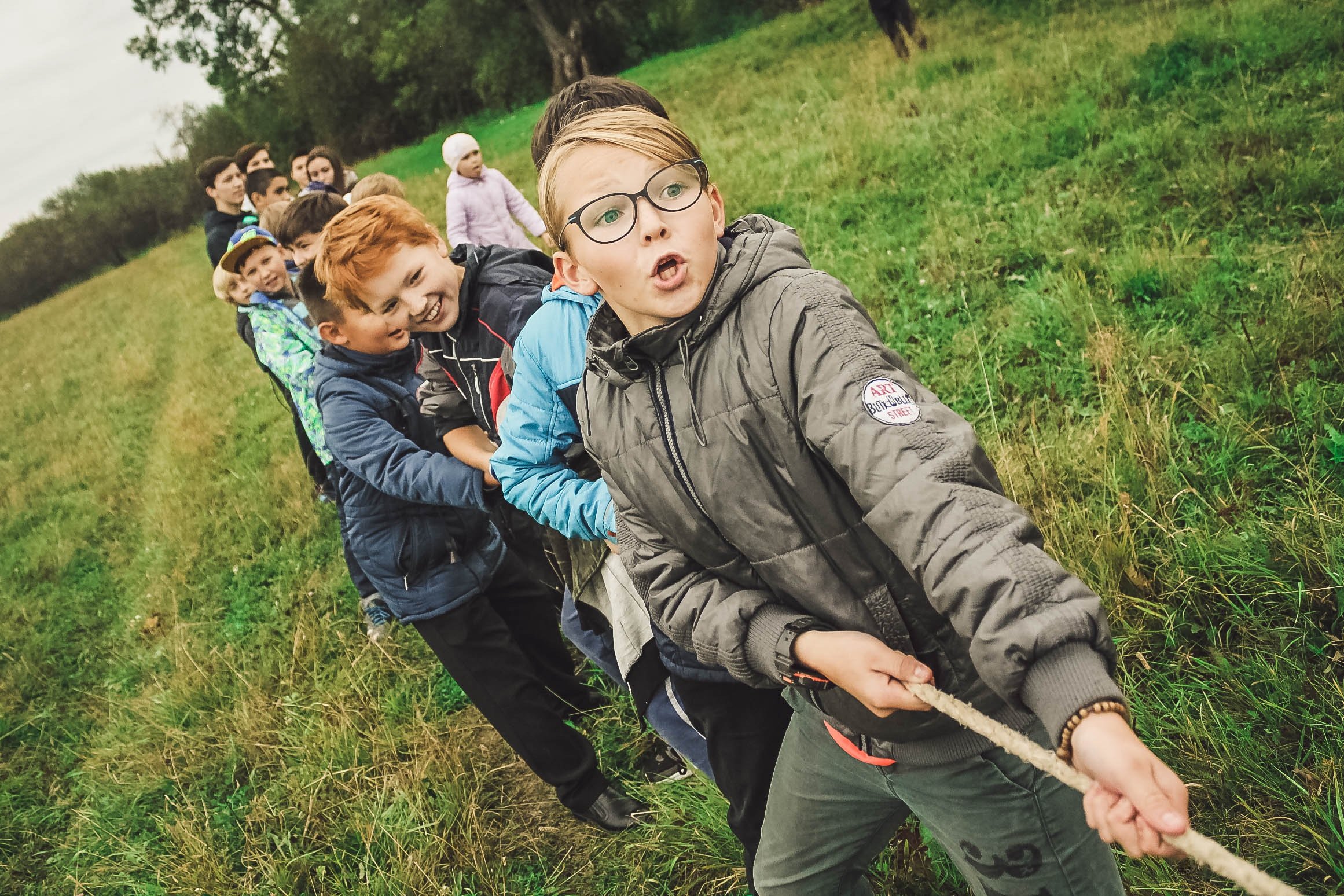WP6: Social influences on children’s healthy eating habits: impact of parenting and of interactions with peers

The WP6 aims at studying the role of psychosocial factors (parents, other caregivers, siblings and peers) and of cognitive factors influencing children’s eating behavior. The influence of peers on children’s healthy eating will be studied in preschoolers as well as preadolescents. Social media marketing approaches will be tested. The influence of early food concepts on children’s eating behavior will be assessed using a developmental and cognitive approach. Finally, the goal of this WP will be to generate recommendations for public health campaigns aimed at improving healthiness of children´s eating habits through modification of the social environment and market communication approaches at early and later stages. This WP is divided into two main tasks.
The aim of the first task, which involves two PhD projects (ESR7 at INRA; and ESR8 at MAPP-AU), is to assess the impact of feeding practices on children’s eating behaviour in terms of food repertoire and intake regulation, using both a declarative approach (secondment of ERS7 at MAPP-AU; secondment of ESR8 at INRA) and an experimental settings and intervention (secondment of ESR7 at IPBR).
The second task involves two PhD projects (ESR10 at IPBR; and ESR9 at MAPP-AU). The first project (ESR10) aims at measuring the influence of the ways of categorizing foods on food rejections and then, from science to innovation, developing prototypes in eating device design to facilitate foods recognition which in turn will foster acceptance (secondments of ESR10 at NOFIMA and in a catering company Elior). The second project (ESR9) aims at investigating the influence of secondary socialization agents (peers and siblings) and social media marketing on children’s healthy eating behavior in preadolescents of different family compositions (secondments at WUR, and at in an industry at Kidvertising Agency).
Expected results of WP6:
To provide a holistic picture of the type and strength of the interacting social and cognitive factors influencing child’ eating behaviors, with a specific focus on those factors that potentially can be tackled by social marketing and nudging techniques.
Lead Beneficiary: INRA; WP Leader: Sandrine Monnery-Patris


